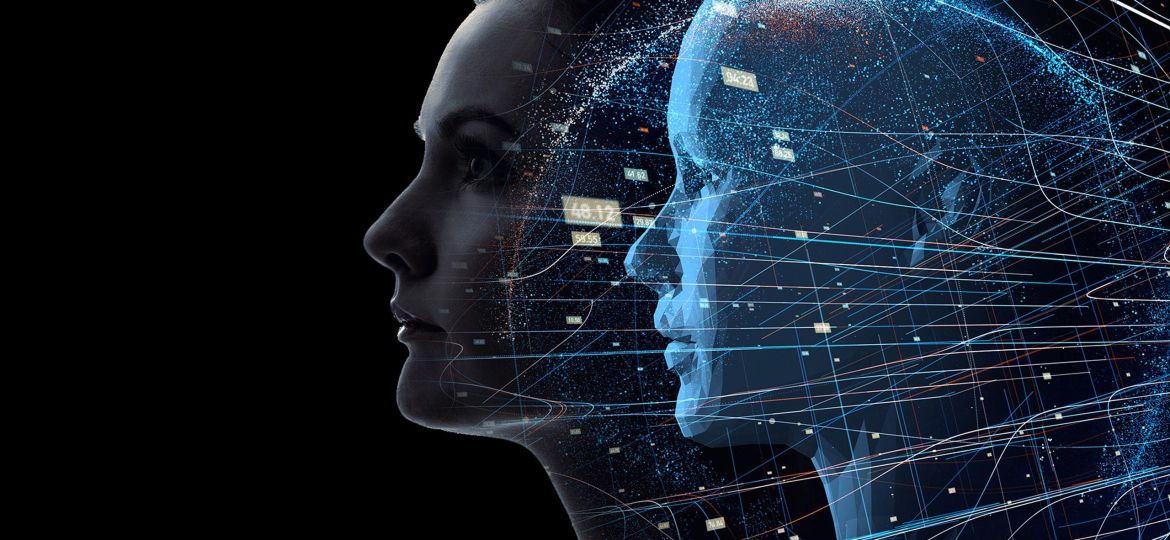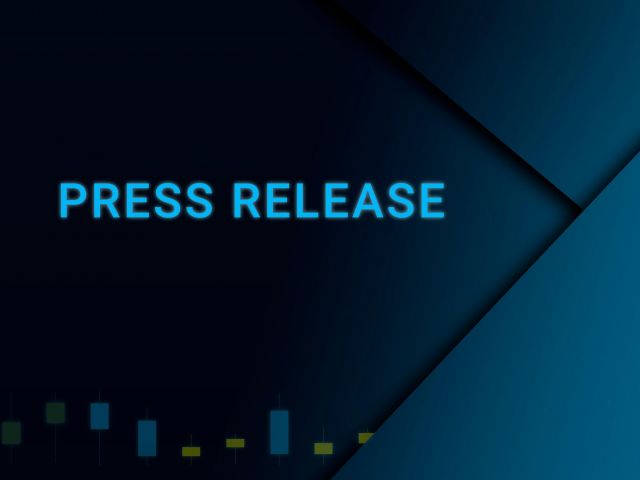
Insight by: Debbie Lin
I recently binge watched the entire two seasons of Upload, a science fiction comedy TV series that takes place in the future. Humans upload their consciousness into a virtual afterlife upon their death and they go on to live eternally in the digital afterlife. Whether, cognition and the human consciousness can be actually be digitally captured in the future is certainly questionable; however, the concept of creating your digital twin exists today and has started to take off in healthcare.
Imagine a world where you have a digital twin, not an avatar ( a visual representation of yourself), but a digital twin. Your twin is a digital representation of your physiology, your body, your health, your genetic composition. You have a high level of control over your digital twin, allowing you to make strategic decisions over your health and healthcare but all the while making these decisions based on your own genetics, medical history, clinical profile, demographic information. With this, you can create a personalized, data-driven recommendations and plans, and treatments for your unique profile.
As someone who has been following developments generative artificial intelligence, personalized medicine and healthcare technology for decades, I first learned that healthcare startups had caught on to the concept of the digital twin through a startup called Unlearn.ai. Unlearn.ai is a company that specializes in the application of artificial intelligence and machine learning techniques to accelerate clinical trials and drug development processes by using digital twins in synthetic control arms for clinical trials.
Traditional clinical trials often require a control group that receives a placebo or standard-of-care treatment for comparison with the experimental group. Unlearn.ai’s approach involves using historical patient data to create virtual control groups that closely resemble the characteristics of the treatment group. This allows for more efficient and cost-effective clinical trials by reducing the need for additional patients in the control arm.
Further, recently, I was delighted to see that Blackstone, one of the world’s largest investment firms, is testing the digital twin concept through their employee healthcare benefits program by partnering with Twin Health. The company is focused on improving diabetes care. It uses artificial intelligence (AI) to create a digital twin that simulates a person’s own metabolism and personalizes their treatment plan based on that person’s unique profile.
It’s clear that healthcare has reached a critical point, where traditional approaches to treating chronic diseases are not always effective, affordable, or sustainable. For example, the recent popularity of drugs like semaglutide (Ozempic), which can cost over $900 per month without insurance, highlights the need for more accessible and affordable healthcare solutions. Solutions like digital twin technology has the potential to address these challenges and revolutionize healthcare by providing personalized, data-driven recommendations and treatments for individuals and minimize the use of costly medication.
So, exactly what is a digital twin, and how can it be used in healthcare? A digital twin involves creating a virtual replica of oneself that simulates and analyzes your health and wellness. To create a digital twin, data from various sources are gathered, such as medical history, genetics, lifestyle factors, and health metrics like blood pressure, heart rate, and glucose levels.
Once your digital twin is created, it can be used to simulate and analyze the impact of various interventions on your health. For instance, if you’re considering starting a new medication, your digital twin could be used to predict how that medication might affect your health based on your unique profile. Your digital twin could also identify potential health risks and recommend preventative measures to reduce those risks.
With a digital twin, you could have a more proactive approach to your health, simulating the effects of behaviors on yourself before you act. Moreover, digital twins could optimize healthcare by simulating and analyzing different treatment plans. By testing various treatment options on your digital twin, healthcare professionals could identify the most effective and personalized treatment plan for you. In clinical trials, digital twins could virtually test the effects of drugs on cohorts of individuals with different characteristics (for example, differences in genetic, demographic, clinical history). This technology minimizes the need for expensive, costly, and long real-life clinical trials.
Many healthcare companies, including Novartis, Certara, Insilico Medicine, and AstraZeneca, are using digital twin technology to create virtual models of patients or organs to aid in diagnosis and treatment planning. By simulating the behavior and response of a patient or organ to different treatments, healthcare providers can better understand the underlying conditions and develop more effective treatment plans.
This technology is not without its limitations and needs to be validated carefully so that it accurately represents the person or populations they are simulating. Creating digital twins requires using comprehensive and large datasets as well as the ability to ingest real time data. Integrating and obtaining high quality data from medical records, patient surveys, diagnostics and even wearables can be challenging. As digital twin models become more complex, understanding and interpreting their behavior can be challenging. Ensuring the transparency and trustworthiness of digital twin models is crucial for their effective use in decision-making processes. Lastly, the data collection and analysis require data security to protect patient health information.
While there are many challenges to solve, by harnessing the power of data and advanced simulations, I’m hopeful that in the future digital twins could help one optimize his/her health.While the idea of uploading consciousness is a leap for most, being somewhat of health nut, myself, I find the concept of a digital twin focused on health and wellness very compelling. It opens up exciting possibilities for taking charge of my well-being with greater knowledge and precision, paving the way to a healthier future.




